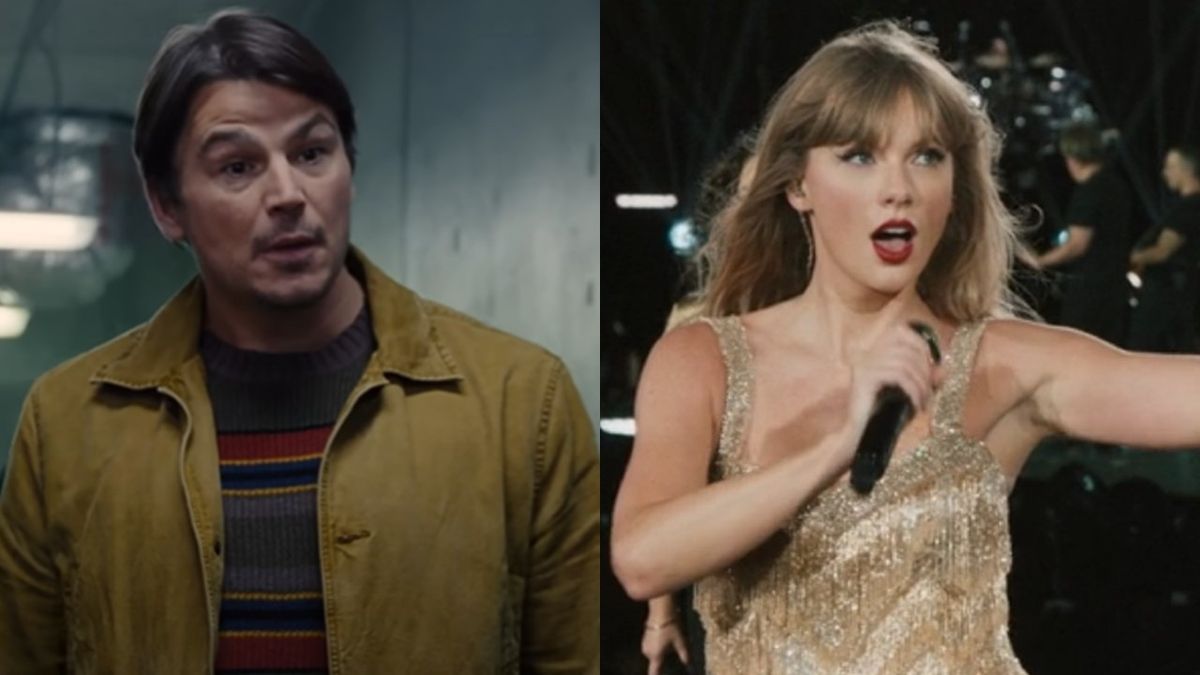Although Leta McCollough Seletzky wasn’t born until eight years after the 1968 assassination of Dr. Martin Luther King Jr., she has always been haunted by the photo of that tragic night—one of the most recognizable images of the 20th century. And no wonder, since in it, her then 23-year-old father, Marrell “Mac” McCullough, can be seen kneeling beside Dr. King on the balcony of the Lorraine Motel in Memphis, Tennessee, holding a towel over the civil rights leader’s wounded face, trying to staunch the bleeding. Several other people stand nearby, pointing toward a spot in the distance.
“In my mind,” Seletzky says, “those were accusatory fingers. I felt a sense of blame, that on some level, those fingers were pointing at me or [at my father].” The lawyer-turned-memoirist and California resident spoke by phone about her fascinating debut, The Kneeling Man: My Father’s Life as a Black Spy Who Witnessed the Assassination of Martin Luther King Jr. This “black-and-white image of horror” was something Seletzky’s family rarely discussed, despite her father’s presence in it. His work had always been shrouded in secrecy and silence, and in many ways, the fact that he eventually opened up about it is nothing short of a miracle.
Read our starred review of ‘The Kneeling Man’ by Leta McCollough Seletzky.
Seletzky’s parents separated when she was 3 and later divorced. In high school, she learned from a newspaper article that her father, who by then lived elsewhere and worked for the CIA, had been an undercover officer for the Memphis Police Department at the time of King’s assassination, tasked with infiltrating and keeping tabs on a group of young Black activists called the Invaders. “The revelation felt like a body blow,” she writes. Had her dad’s work spying on the Invaders been similar to FBI Director J. Edgar Hoover’s tactics for harassing and controlling the Black Panthers, she wondered? Despite her curiosity and concern, Seletzky didn’t inquire about Mac’s role until 2010, after the birth of her second son. “One of the main reasons I thought it was so important to tell this story,” she says, “was so [my sons] would not be left wondering or feeling that sense of silence and dread.”
When Seletzky eventually asked her father about that night, he responded with a 17-page document. However, Seletzky was so saddened by his description of growing up in poverty in Jim Crow Mississippi that she stopped reading after three pages, putting his account away for five years. Finally, in 2015, she read to the end of the letter. After that, she plunged into years of writing, research, Freedom of Information Act requests, interviews and, most importantly, collaboration with her father. The resulting book provides an account not only of the amazing trajectory of her father’s life but also of her own reconciliation with his mysterious past as a Black man spying on a Black Power activist group for the police.
“One of the main reasons I thought it was so important to tell this story was so [my sons] would not be left wondering or feeling that sense of silence and dread.”

While writing The Keeling Man, Seletzky and her father visited King’s assassination site together, and she also facilitated a 2017 meeting between her father and Andrew Young, an early leader in the civil rights movement who was also present the night King was murdered. “It felt like walking into history,” Seletzky says. “I mean, not only were we meeting with Andrew Young, but we were at his house. It was something I’ll never forget.” One of the most endearing moments of their encounter was Young’s recollection of Dr. King playfully swatting him with one of the Lorraine Motel’s pillows just hours before his assassination. “He was a hero, but he was a human being,” Seletzky says. “I feel like sometimes this gets lost when we lionize people.”
Seletzky also interviewed numerous members of the Invaders, the activist group her father was spying on, and was surprised by their warm welcome. “They were not upset,” she says. “They were not angry.” In fact, she’s come to think of one of the group’s leaders “as family.”
On the night of King’s assassination, Mac and several Invaders had just returned from a shopping trip with one of Dr. King’s aides, who invited them to dinner. As they walked from Mac’s car toward the motel, shots rang out, and Mac, who had been in the Army, sprinted up the stairs to the balcony. “He was trying to save Dr. King’s life, and he ran into the zone of danger to try to do that,” Seletzky says. Although federal investigators never raised concerns about Mac’s presence that night, he was eventually questioned and called to testify at a Select Committee on Assassinations in 1978. He was even warned that the attorney of James Earl Ray, the convicted killer, might stand up and accuse Mac of assassinating King. “Sometimes I think about what it would feel like if you had tried to save someone’s life and instead you were painted as having been a wrongdoer,” Seletzky says.
“When Seletzky let her mom read the final draft, she told her daughter, ‘Leta, I didn’t know 75% of what is in this book.’”
But the toughest part of Seletzky’s writing process was writing about herself. “It was difficult to weave my story through the magnitude of his,” she says. “I felt that it really should just be all Mac, but at the same time, I feel this story is more than that.” Three memoirs were particularly helpful as she figured out how to walk that line: James McBride’s The Color of Water, Sarah Broom’s The Yellow House and Edward Ball’s Slaves in the Family.
Ultimately, Seletzky is thrilled that writing this book brought her closer to her father. “I am in awe of him,” she says, “and the way he allowed his experiences to mold him into who he is.” She was also pleased by her mother’s response to The Kneeling Man. Her mother was a reporter in Memphis for many years, and when Seletzky let her mom read the final draft, she told her daughter, “Leta, I didn’t know 75% of what is in this book.” “I was shocked,” Seletzky says, “because she was born and raised in Memphis, and she was married to my dad for several years.”
When Seletzky asked her father what he wanted people to understand about his life and choices, he responded, “What I want them to understand is exactly what you wrote in that book.” That, Seletzky says, was perhaps her proudest moment. “At that point, I said to myself, ‘OK, well, the book is a success no matter what.’”
Author headshot of Leta McCollough Seletzky by Gretchen Adams





